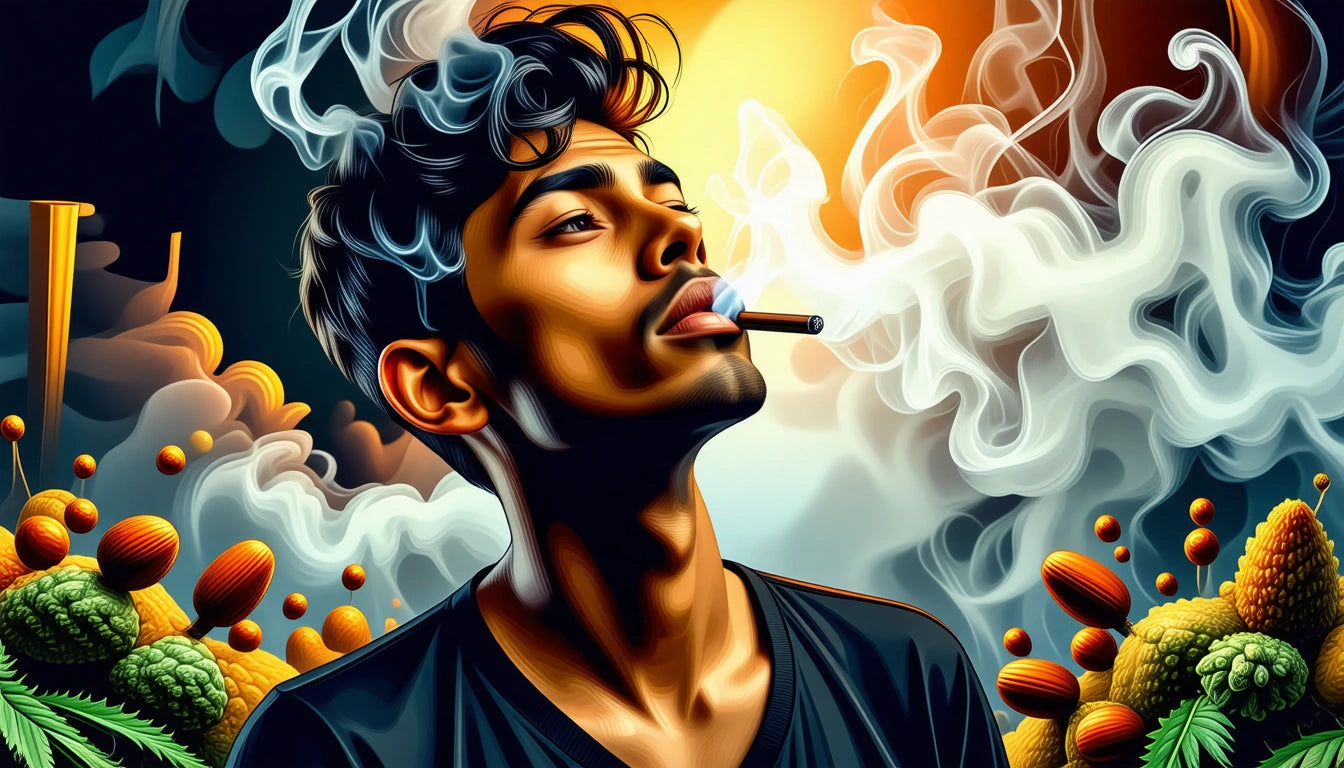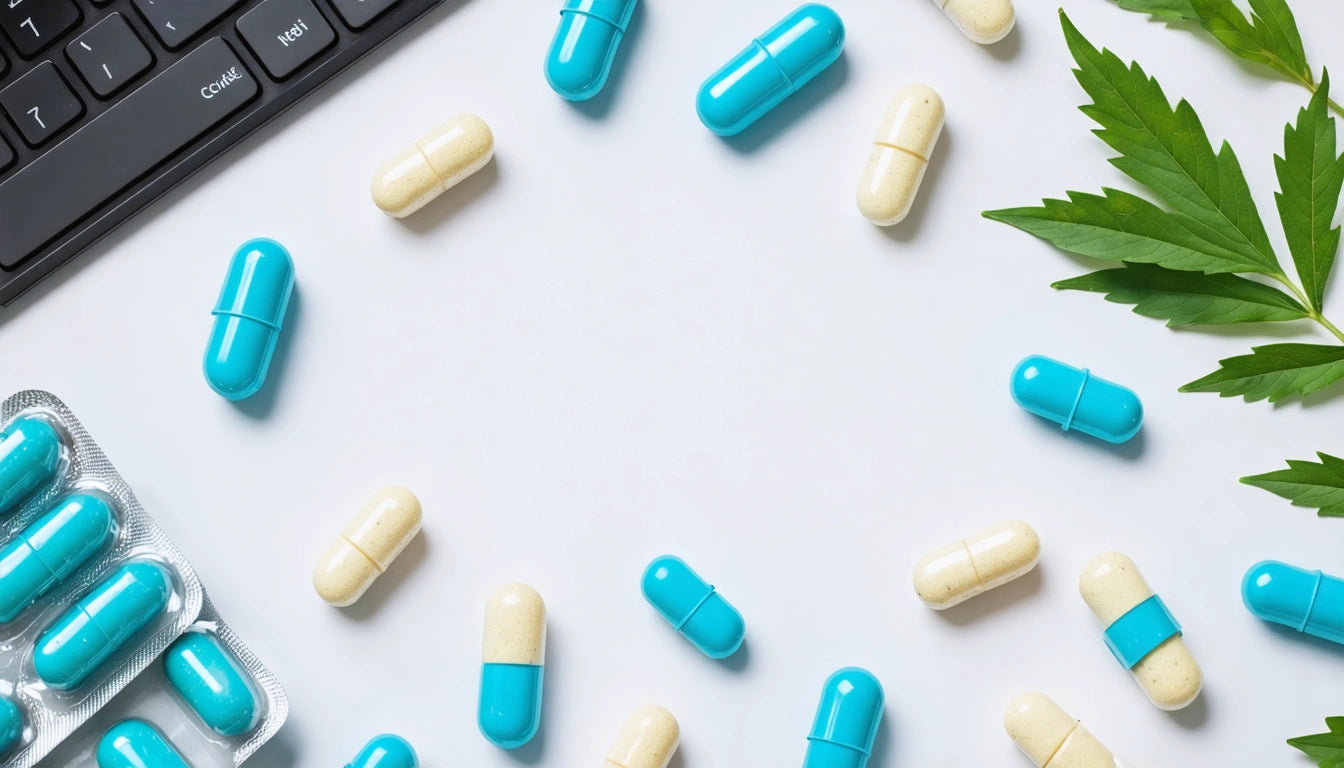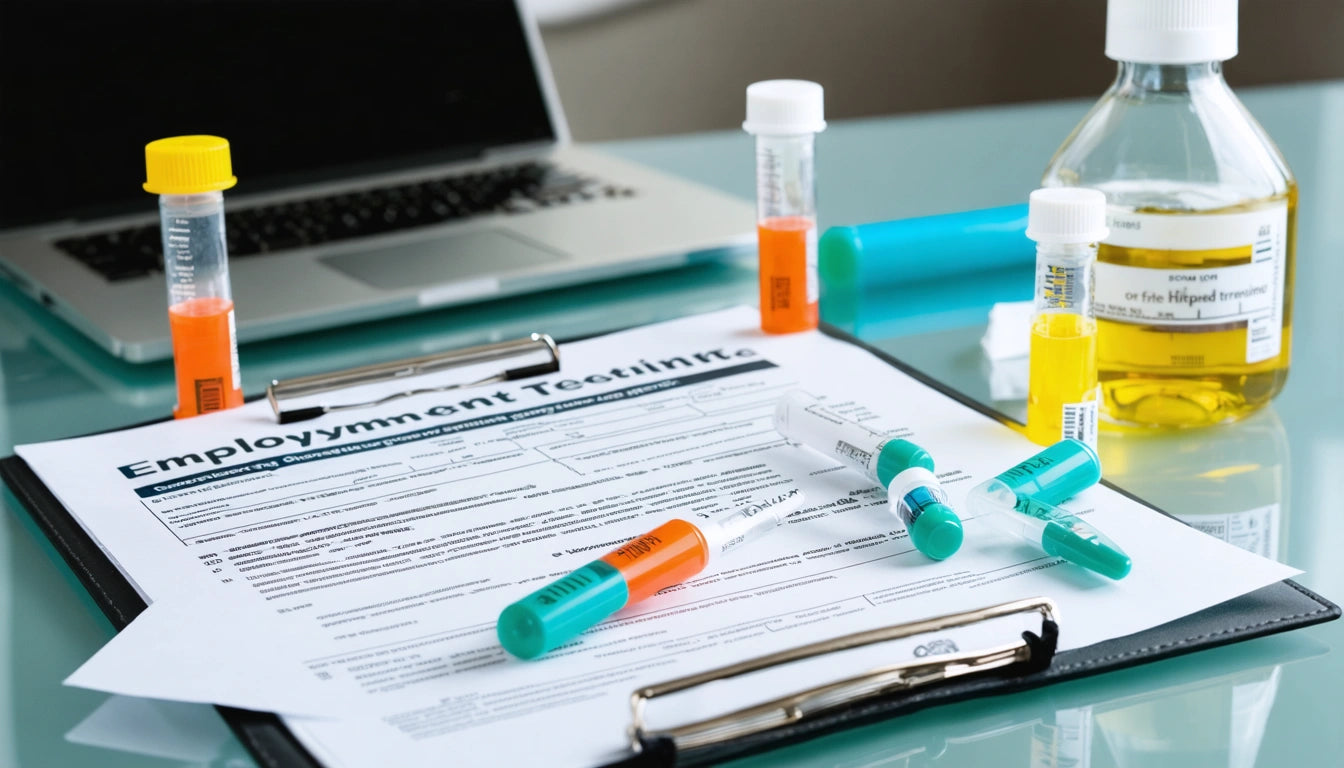Table of Contents
Understanding the Transformation and Effects of Smoking THCA
Cannabis science continues to evolve as consumers seek to understand the complex interactions between cannabinoids and how they affect the body. One question frequently asked by both new and experienced users is about THCA and what happens when it's smoked. This comprehensive guide explores the transformation that occurs when THCA is heated, its effects, and the various consumption methods available.
THCA to THC Transformation: The Science Behind Decarboxylation
THCA (tetrahydrocannabinolic acid) is the non-psychoactive precursor to THC found naturally in raw and live cannabis. In its natural state, THCA does not produce intoxicating effects. However, when heat is applied through smoking, vaping, or cooking, THCA undergoes a chemical process called decarboxylation.
During decarboxylation, THCA loses a carboxyl group (COOH) and converts to THC, the compound responsible for cannabis' psychoactive effects. This transformation answers the common question: does THCA turn into THC when smoked? The answer is yes, smoking THCA effectively converts it to THC.
According to research on THC and THCA differences, this conversion begins to occur at around 220 °F (104 °C) and becomes more efficient at higher temperatures. When cannabis is smoked, the temperature can reach up to 900 °F (482 °C), ensuring nearly complete conversion of THCA to THC.
Smoking THCA: Effects and Potency
Once THCA converts to THC through smoking, users experience the typical psychoactive effects associated with cannabis. But how strong is THCA when smoked? The potency depends on several factors:
- The original THCA content in the cannabis product
- The efficiency of the decarboxylation process
- The method of consumption
- Individual tolerance and metabolism
When properly decarboxylated, THCA's potency directly correlates to the resulting THC content. For example, if a flower contains 20% THCA, it will produce approximately 17.5% THC after decarboxylation due to the molecular weight difference between the compounds.
As explored in this article on THCA's effects and potency, while raw THCA isn't psychoactive, THCA effects when smoked are identical to THC effects because the heat converts it to THC before it enters your system.
Highlight: When smoking cannabis, virtually all THCA converts to THC, making the experience psychoactive. This is why raw cannabis doesn't produce a high, but smoked cannabis does.
THCA Isolate: Can You Smoke It?
THCA isolate is a concentrated form of the cannabinoid that appears as a crystalline powder. A common question is can you smoke THCA isolate powder? Yes, THCA isolate can be smoked, dabbed, or vaporized, and when heat is applied, it converts to THC just like flower.
When working with THCA isolate, many consumers use precise digital scales to measure their doses accurately, especially since the concentrated nature of isolates means even small amounts can produce significant effects.
THCA isolate typically contains 90-99.9% THCA, making it considerably more potent than flower when converted to THC. For this reason, consumers should start with very small amounts when smoking THCA isolate for the first time.
Consumption Methods and Best Practices
There are several ways to consume THCA, each affecting how efficiently it converts to THC:
Smoking
Traditional smoking through pipes, bongs, or joints remains the most common method. The best way to smoke THCA for complete conversion is to ensure proper burning temperature and inhalation technique.
Vaporizing
Vaporizing at temperatures between 315-440 °F (157-227 °C) allows for efficient decarboxylation while potentially reducing respiratory irritants compared to smoking.
Dabbing
For THCA concentrates and isolates, dabbing provides high-temperature decarboxylation for immediate and potent effects. This method is particularly effective for those wondering can you smoke THCA isolate efficiently.
Infusion
THCA can be decarboxylated and then infused into oils, tinctures, or edibles. This method requires careful temperature control to convert THCA to THC without degrading it further.
As detailed in this resource on THCA extraction and usage, each consumption method offers different bioavailability and onset times.
Legal Considerations When Using THCA Products
The legal status of THCA products exists in a complex regulatory environment. Since THCA turns to THC when heated, products containing high levels of THCA may be subject to the same legal restrictions as THC products in many jurisdictions.
Some consumers ask can you smoke THCA in public legally where cannabis is prohibited? Generally, the answer is no. Even though raw THCA isn't psychoactive, smoking it converts it to THC, making it functionally equivalent to consuming THC directly.
Understanding the differences between THCA vs. THC is crucial for navigating these legal distinctions, especially as regulations continue to evolve.
Future Developments in THCA Research and Products
Research into THCA's therapeutic potential is ongoing, with preliminary studies suggesting anti-inflammatory, neuroprotective, and anti-emetic properties. As our understanding of cannabinoids deepens, we may see more specialized THCA products developed for both medical and recreational markets.
The cannabis industry continues to innovate with new consumption methods that optimize the conversion of THCA to THC while minimizing potential health risks. From advanced vaporizers to water-soluble formulations, these developments are expanding how consumers can experience the effects of this fascinating compound.
Whether you're interested in THCA for its potential therapeutic benefits or its conversion to THC for recreational use, understanding the science behind this transformation helps ensure safe, effective consumption. As with all cannabis products, starting with low doses and increasing gradually is the best approach, especially when exploring concentrated forms like THCA isolate.











Leave a comment
All comments are moderated before being published.
This site is protected by hCaptcha and the hCaptcha Privacy Policy and Terms of Service apply.